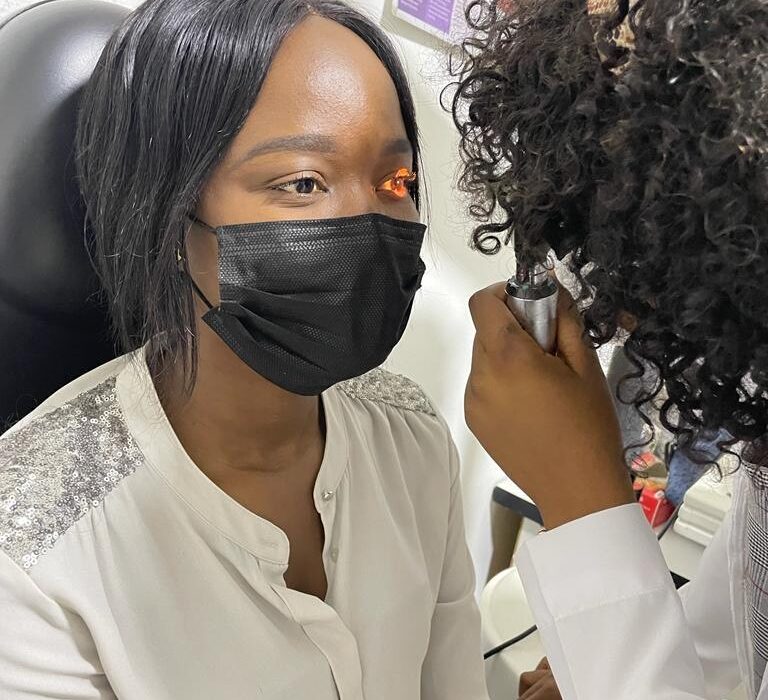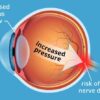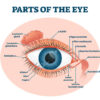FUNDUS EXAMINATION
Ophthalmoscopy also called funduscopy, is a test that allows your doctor to see inside your eyes, and properly evaluate the fundus of your eyes and other structures, with the aid of an Ophthalmoscope or a Fundus camera.
It is an important eye examination, that is crucial in determining the health of the retina, optic disc, fundus, blood vessels etc. This test is better done in a dark illumination, because it tends to induce natural Pupillary dilation, which helps to give your doctor a better view for assessment.
DILATED FUNDUS EXAMINATION
It is a diagnostic procedure that employs the use of mydriatric agents such as tropicamide, to allow for better inspection through the pupil, allowing a better view of the posterior eye. Mydriasis simple mean dilation of the Pupil.
Everyone’s eyes react differently to the dilation drops, but it takes about 15-30 minutes for your pupil to completely dilate. It takes at least 6 hours to 3days or more for the side effect of the dilation drops to wear off, it all depends on the type of drops used.
For elderly patients whose vision and mobility are already compromised, these visual changes can be dangerous. Dilating drops can also provoke allergic reactions, angle closure attacks, and systemic reactions such as increased blood pressure, arrhythmias, tachycardia, dizziness, and increased sweating. Side effects may include:
- Stinging ( the most immediate effect).
- Induced Photophobia or Sensitivity to light.
- Blurry vision
- Trouble focusing on objects at near.
MANAGING SIDE EFFECTS
Some steps to manage the effects of Pupillary dilation.
- Wearing sunglasses after dilation.
- Avoiding close work.
IMPORTANCE OF FUNDUS EXAMINATION
Ophthalmoscopy can be used to screen for eye diseases and conditions that can affect blood vessels. These conditions include:
- Diabetes
- Damage to the optic nerve
- Glaucoma
- Macular degeneration
- Melanoma (A type of skin cancer that can spread to your eye).
- Hypertension etc.
CAN I DRIVE AFTER THE TEST?
Some people feel comfortable enough to drive immediately after their eye exam. However, it is recommended to avoid driving while the eyes remain dilated, especially if the person has not experienced the effects before. Where possible, people should arrange for a friend or family member to drive them home.



